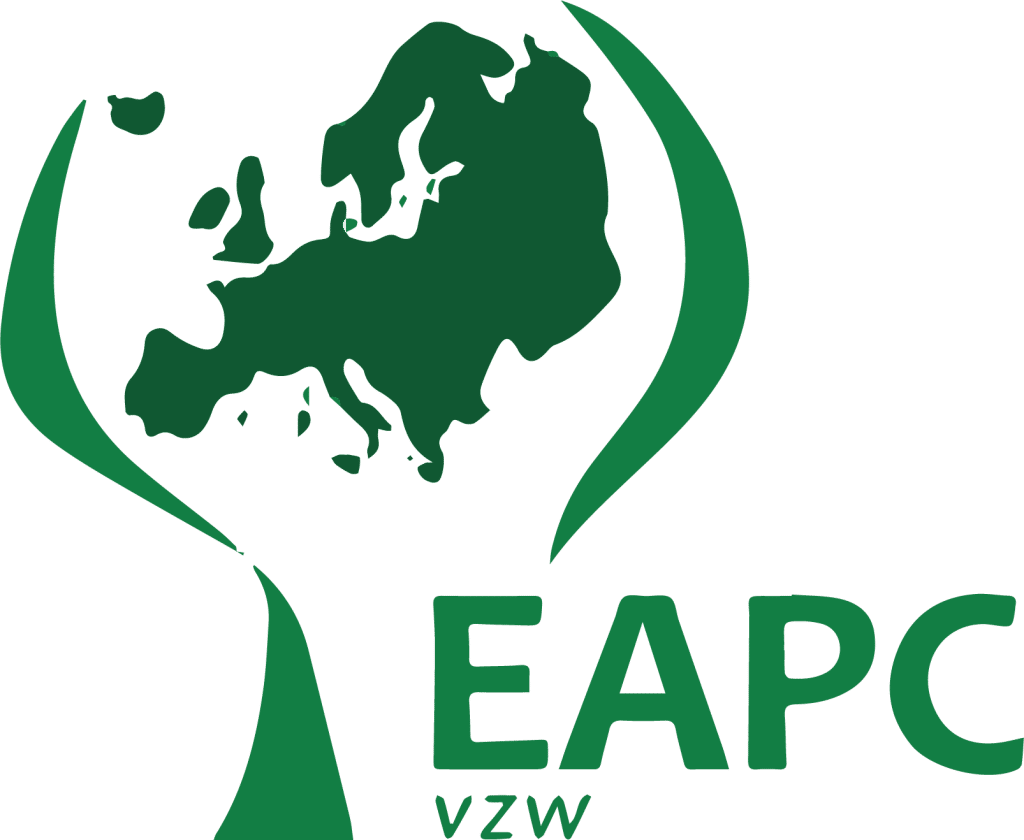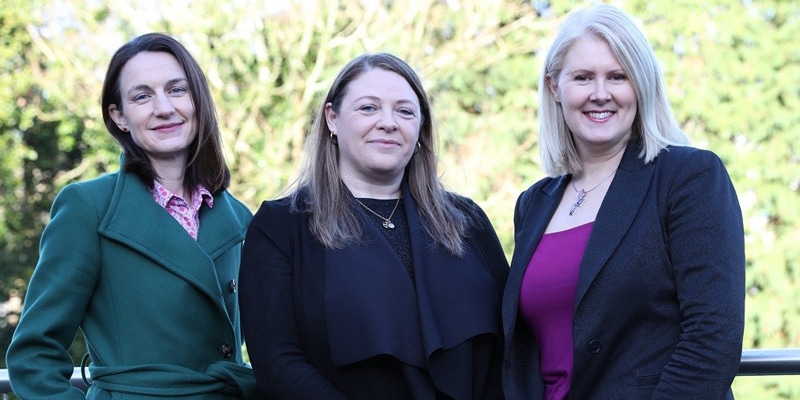- Dementia is the leading cause of disability and dependency in older adults affecting almost 8 million people in the European Union and is expected to nearly double by 2050 to over 14 million people. As dementia progresses, a person may require high levels of care and placement in a nursing home setting often becomes necessary.
- Project Coordinator Professor Nicola Cornally believes the In-Touch intervention could herald a major change in the way that care for people with advanced dementia in the palliative phase of their illness is provided in Nursing Homes across Europe.v
University College Cork (UCC) researchers have been awarded €7.5 million in EU funding to help improve the quality of life of people with advanced dementia.
A dedicated group, In-Touch Consortium, composed of 13 institutions across the EU, UK and Canada was established to explore the effectiveness and economic benefits of a multi-component, non-pharmacological intervention for people with dementia.
UCC Principal Investigators Professor Nicola Cornally and Professor Suzanne Timmons are co-coordinators of the In-Touch consortium awarded €7.5 million by Horizon Europe, the EU’s key funding programme for research and innovation. Dr Irene Hartigan, Senior Lecturer, School of Nursing and Midwifery, is leading on education development and preparation of trainees on the palliative care intervention across Europe.
The In-Touch project, over the next five years, will establish a trial in 56 care homes across seven countries looking at dementia palliative care including pain and symptom management, staff capabilities, polypharmacy and decision-making ensuring that residents with dementia receive optimal palliative care. The project seeks to reduce social isolation by engaging people with advanced dementia and their families in tailored, group-based, multi-sensory activities.
A major change in care for people with advanced dementia
Professor Nicola Cornally believes this intervention could change the way that care for people with advanced dementia in the palliative phase of their illness is provided in Nursing Homes across Europe. “In-Touch will help us have an immediate positive impact on the well-being of people with advanced dementia, it should reduce social isolation and improve engagement in meaningful person-centred activities. There is a critical need for a non-pharmacological intervention for people with advanced dementia that can improve quality of life in nursing homes and address staff and family learning needs.
Professor Suzanne Timmons, consultant geriatrician and Principal Investigator in the Centre for Gerontology and Rehabilitation, School of Medicine, UCC said: “This project builds on expertise in the College of Medicine and Health on palliative care for people living with dementia. This project aims to deliver an ethically sound and evidence-based intervention that is cost-effective to implement with family members more involved in and knowledgeable about comfort care and future care plans.”
Dr Irene Hartigan, said “this project will extend the evidence from the mySupport study and help families who experience uncertainty as the dementia progresses, it will give opportunity to discuss prognosis and fundamental aspects of care”.
Dr Irene Castellano, NCP for Horizon Europe Health at the Health Research Board said: “In-Touch is an excellent example of Irish-led, high-quality international research which can help improve the quality of life of dementia patients in care homes. In our role as National Contact Point for Horizon Europe Health, the HRB was happy to provide support to Prof. Cornally as she developed this ambitious proposal and we look forward to seeing the outcomes to tackle the growing need for palliative care in Ireland and the rest of Europe.”
Professor Helen Whelton, Head of College of Medicine and Health congratulated the researchers on securing this highly competitive funding for this significant European project. “We are extremely proud that the In-Touch project will enhance the lives of people with advanced dementia in long-term care, helping fulfil a fundamental human right to actively participate in research tailored to address their specific needs. The team will use a multisensory approach to improve quality of patients’ lives and dignity while supporting their families in decision making. The In-Touch project represents what the College of Medicine and Health excels in, providing evidence to guide practice in real-world health and social care and of value to policy makers at home and across the world.”
Professor John Cryan, UCC Vice President for Research and Innovation said: “UCC prides itself on creating a research environment that is able to respond with agility to global societal challenges. Dementia is a key strand in our UCC Futures – Future Ageing and Brain Science programme and this project builds on specific expertise within the university. The UCC consortium, spanning several schools and colleges, together with the other partners across seven countries, brings together expertise to improve the quality of life for one of the most vulnerable groups in our society.”
The broader multi-disciplinary team in South South West Hospital Group (SSWHG) -UCC will support research activities.
- Dr Mohamad Saab SoNM
- Dr Elaine Lehane SoNM
- Dr Caroline Dalton O’Connor SoNM
- Dr Serena Fitzgerald SoNM
- Dr Rachel Flynn SoNM
- Dr Teresa Wills SoNM
- Professor Tony Foley Department of General Practice
- Dr Catherine Buckley (adjunct Senior Lecturer St Luke’s Nursing Home)
- Dr Carol Kelleher Cork University Business School.
- Dr Catherine Sweeney SoM
- Dr Rónán O’Caoimh Mercy University Hospital
- Dr Siobhan Fox Centre for Gerontology and Rehabilitation
- Dr Fiona Kiely (SSWHG – Marymount University Hospital and Hospice)
The In-Touch Consortium is a partnership of 13 institutions: University College Cork, Lancaster University, Charles University and Masaryk University in Czech Republic, University of Turin in Italy, Radboud in Netherland, McMaster University in Canada, Queens University, Belfast, Jagiellonian University in Poland, Universidade Católica Portuguesa in Portugal, University of Ljublijana in Slovenia, CrowdHelix CHZ Ireland and European Association of Palliative Care EAPC Belgium.


